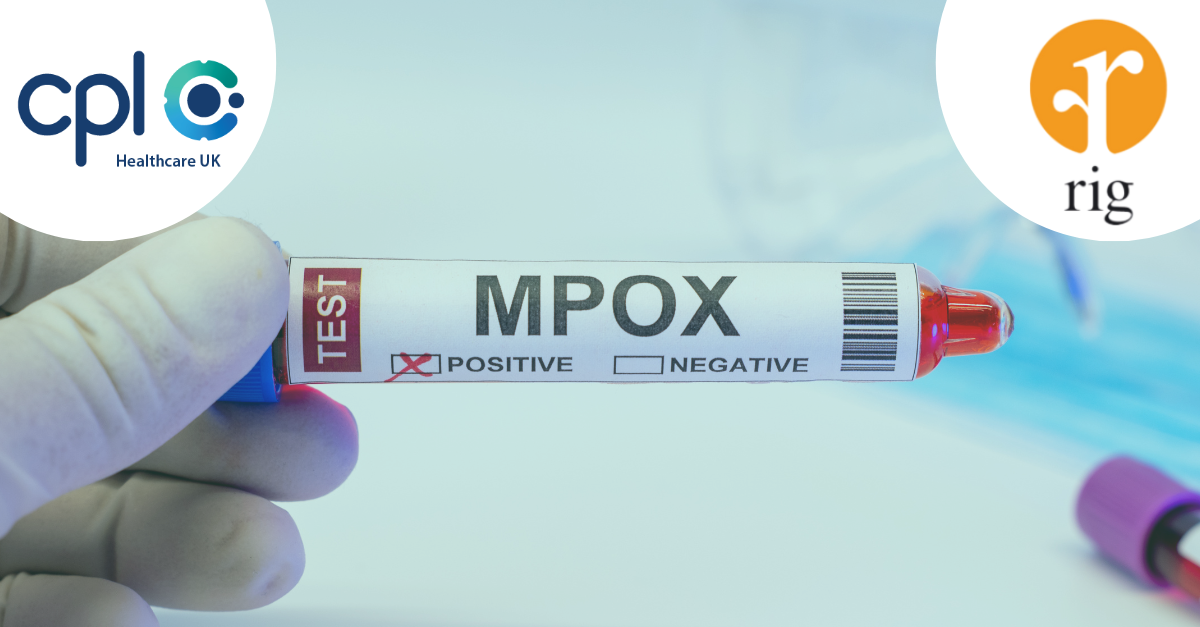The mpox (monkeypox) outbreak has caused significant challenges globally, and the UK healthcare system has been at the forefront of efforts to manage and control the virus. Through a combination of vaccination campaigns, public health guidance, enhanced surveillance, community engagement, research, and support services, the UK has demonstrated a strong response to this public health threat.
First of all: What is Mpox?
Mpox is a viral illness caused by the monkeypox virus. It was first found in monkeys in 1958, but it likely comes from small animals like squirrels and rodents.
Common symptoms of mpox include:
•Skin rash or mucosal lesions that can last 2–4 weeks
•Fever
•Headache
•Muscle aches
•Back pain
•Low energy
•Swollen lymph nodes
Vaccination Campaign
One of the most critical components of the UK’s response has been the rapid rollout of vaccination programmes. The National Health Service (NHS) has prioritised high-risk groups, particularly homosexual men, who have been extremely affected by the outbreak.
This targeted approach has been helpful in reducing the number of new cases and preventing further spread of the virus.
Public Health Guidance
Public Health England (PHE) and other health authorities have issued comprehensive guidance to healthcare providers and the public. This guidance includes protocols for identifying, reporting, and managing mpox cases, as well as infection control measures to protect both patients and healthcare workers.
Clear and consistent communication has been key to ensuring that everyone is informed and prepared to respond effectively.
Surveillance and Monitoring
Enhanced surveillance systems have been established to track the spread of mpox. These systems involve accurate contact tracing and monitoring of potential outbreaks, allowing for swift implementation of containment measures.
By keeping a close watch on the virus’s movement, health experts can respond quickly to emerging threats and prevent widespread transmission.
Community Engagement
Engaging with communities most affected by the outbreak has been a priority for UK health authorities. Efforts have been made to provide accessible information and resources to help individuals protect themselves and reduce the risk of transmission.
This includes outreach to vulnerable populations and collaboration with community groups to ensure that everyone has the support they need.
Research and Development
The UK is also playing a vital role in global research efforts to understand and combat mpox. Health authorities are working with international organisations to study the virus’s transmission patterns, develop better diagnostic tools, and explore potential treatments.
This research is essential for improving our knowledge of mpox and enhancing our ability to respond to future outbreaks.
Support Services
Beyond medical treatment, the UK healthcare system has provided comprehensive support services for those affected by mpox. This includes mental health support and assistance with isolation requirements, ensuring that individuals receive all-inclusive care.
By addressing the wider needs of patients, the healthcare system helps to ease the impact of the outbreak on individuals and communities.
In addition to these listed measures, the UK has also prioritised the training and education of healthcare professionals to ensure they are well-equipped to identify and treat mpox cases effectively. Collaboration with international health organisations has been crucial in sharing knowledge and resources, further increasing the response.
The government has also invested in the development of new diagnostic tools and treatments, aiming to improve patient outcomes and reduce transmission rates.
Public awareness campaigns have played a vital role in informing the community about preventive measures and symptoms, encouraging early detection and treatment.
In conclusion, the UK’s response to the mpox outbreak highlights the importance of a coordinated and comprehensive approach to public health crises. Through the above methods we have mentioned, the UK healthcare system is working tirelessly to manage the outbreak and protect public health.
These efforts demonstrate a commitment to not only controlling the current situation but also preparing for future challenges. Safe to say, the responses made from our UK Healthcare System and around the world has been effective in managing the mpox outbreak!
